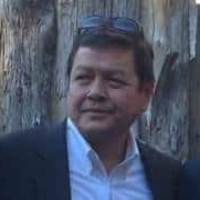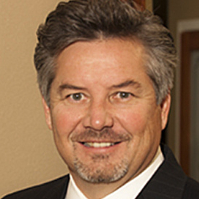Knights Landing RICO Act Lawyer, California
Sponsored Law Firm
-
 x
x

Click For More Info:
-
The Law Offices of Richard L. Cooper, P.A.
848 Brickell Avenue Suite 800 Miami, FL 33131» view mapDWI/DUI, Drug Trafficking, Felony Nationally Ranked Top 40 Under 40
With Richard L. Cooper you can expect a trusted confidant who will work diligently to fully understand your case and determine a road map to help you regain control of your life.
800-756-2781
Not enough matches for Knights Landing RICO Act lawyer.
Below are all Knights Landing Criminal lawyers.
Richard Thomas Dudek
✓ VERIFIEDRichard Dudek knows the Sacramento courts, procedures and prosecutors. Our highly skilled defense team includes licensed private investigators who use... (more)
G. Lambdin
✓ VERIFIEDG. Lambdin is a practicing lawyer in the state of California handling Employment Law matters.
Matthew Nicholas Becker
✓ VERIFIEDSome legal matters deserve to be looked at from the professional perspective of a lawyer. The Becker Law Practice is familiar with laws that impact th... (more)
Jelena Tiemann
✓ VERIFIEDJelena Tiemann prides herself on being warm and easy to talk to. She strongly believes in getting to know her clients and all the issues they may be f... (more)

 Richard L. Cooper Miami, FL
Richard L. Cooper Miami, FL AboutMiami Attorney at Law
AboutMiami Attorney at Law ServicesCriminal Defense
ServicesCriminal Defense




